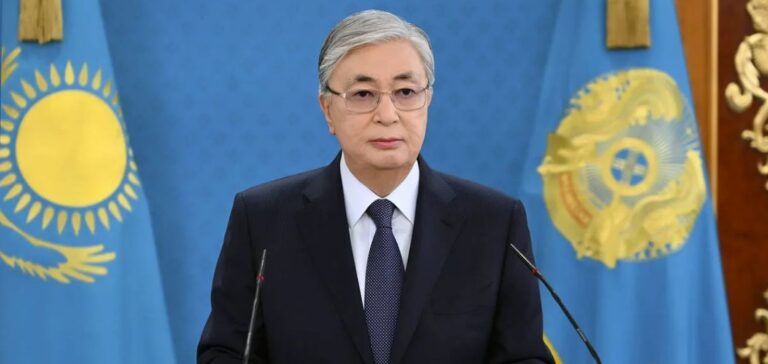Kazakhstan said it was considering nationalizing troubled energy companies after yet another power outage left thousands of residents without heat despite the polar cold in a city in Central Asia’s largest country.
“President Kassym-Jomart Tokayev has instructed Prime Minister Alikhan Smailov to study the issue of nationalization of problematic energy assets,” the presidential spokesman wrote on his Facebook account.
“Their mismanagement causes accidents and breakdowns in the supply of electricity,” the spokesman continued.
Since independence from the Soviet Union in 1991, the energy systems of the Central Asian countries remain interconnected but are sometimes antiquated, despite investments.
The Kazakh government reported in October that the rate of wear and tear on regional power grids had reached about 65%.
Accidents in power plants are regularly recorded, the loss of electricity during transmission is still enormous and the upgrading work is often delayed.
Since Sunday, several thousands of inhabitants are without heating by minus thirty degrees in Ekibastouz (north) after an accident on Sunday at the power station supplying the city.
The spokesman for President Tokayev, who was re-elected on November 20 with 81.31% of the vote, added that those responsible for the accident in Ekibastuz should be “brought to justice.
Kazakhstan, which is rich in hydrocarbons, obtains almost all of its electricity from coal, gas and, to a lesser extent, hydroelectric power, but must import electricity, especially to supply the south and west of the country.
Under the authoritarian Nursultan Nazarbayev, who was in power for three decades, the energy sector was liberalized and handed over to oligarchs.
In January, a huge power outage hit Kazakhstan and two neighboring countries, Kyrgyzstan and Uzbekistan.





















